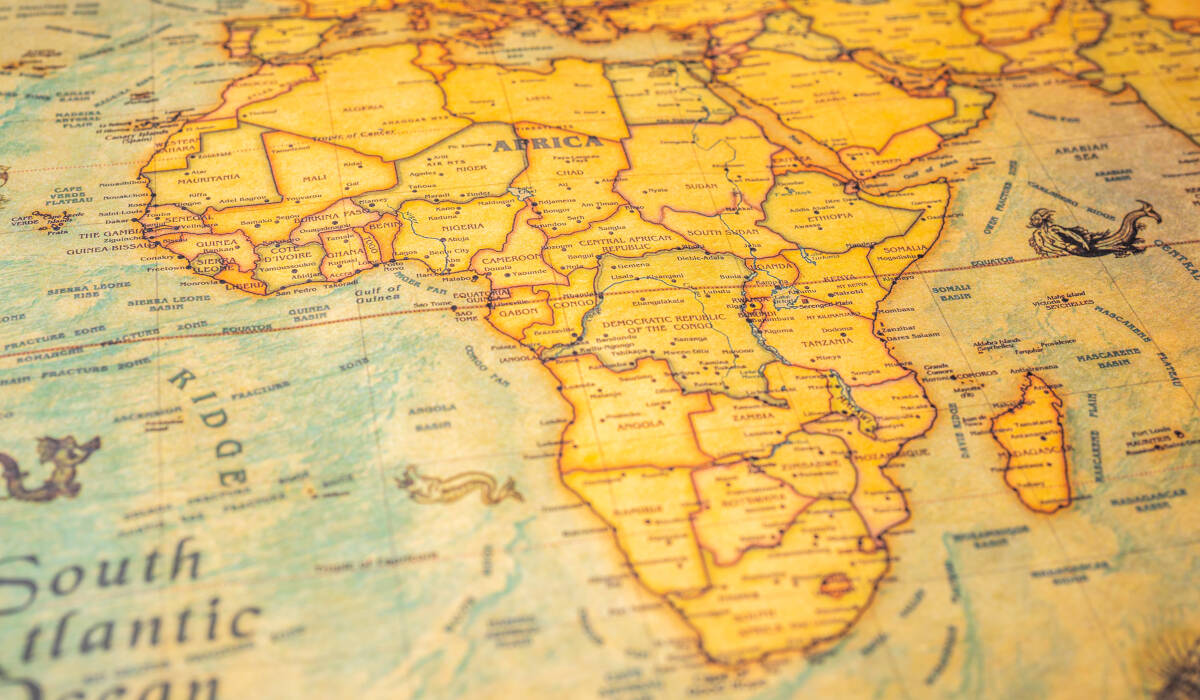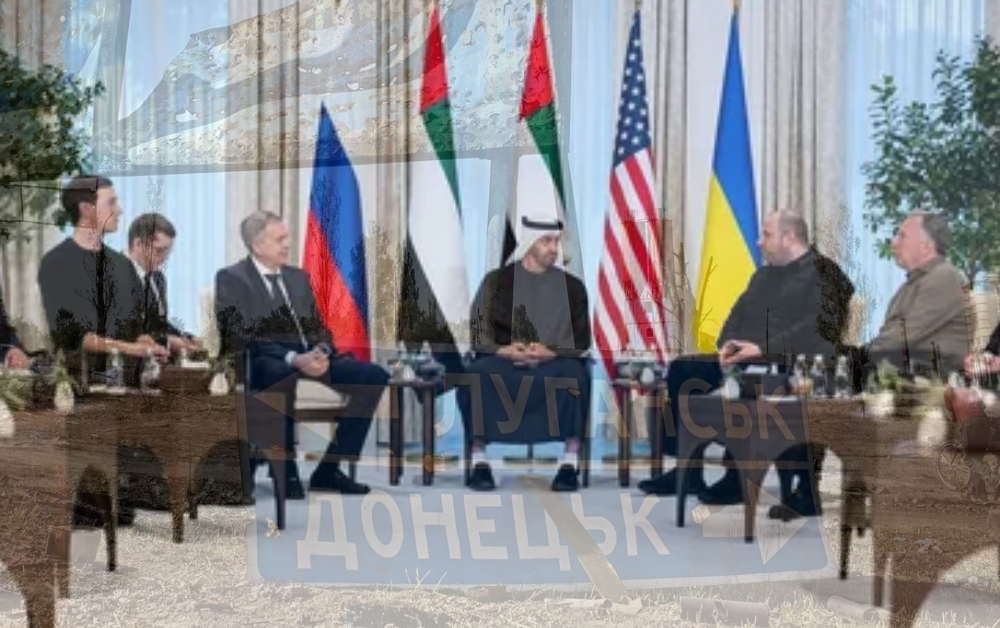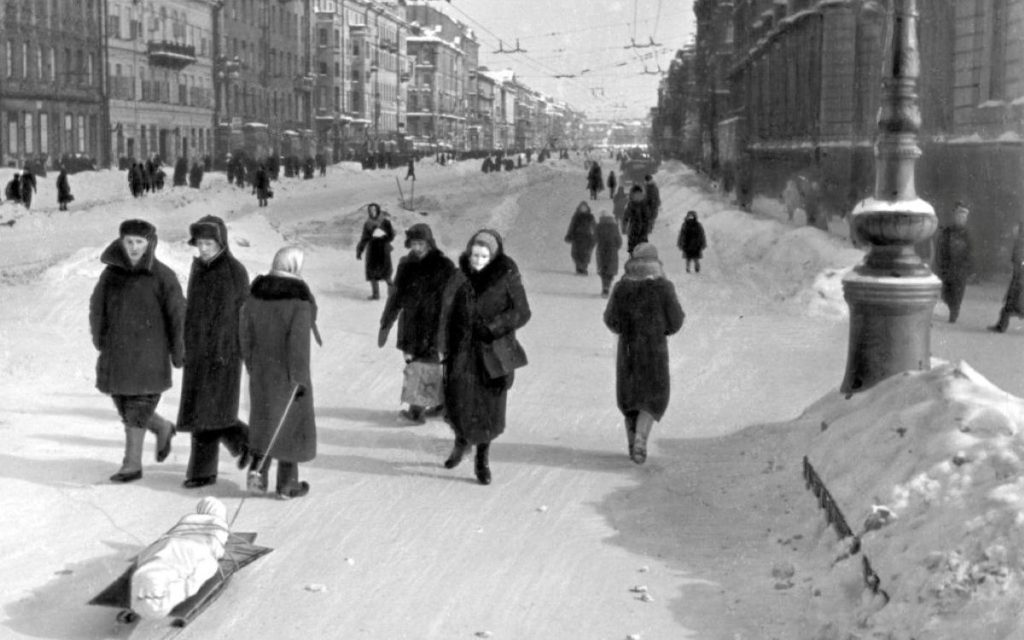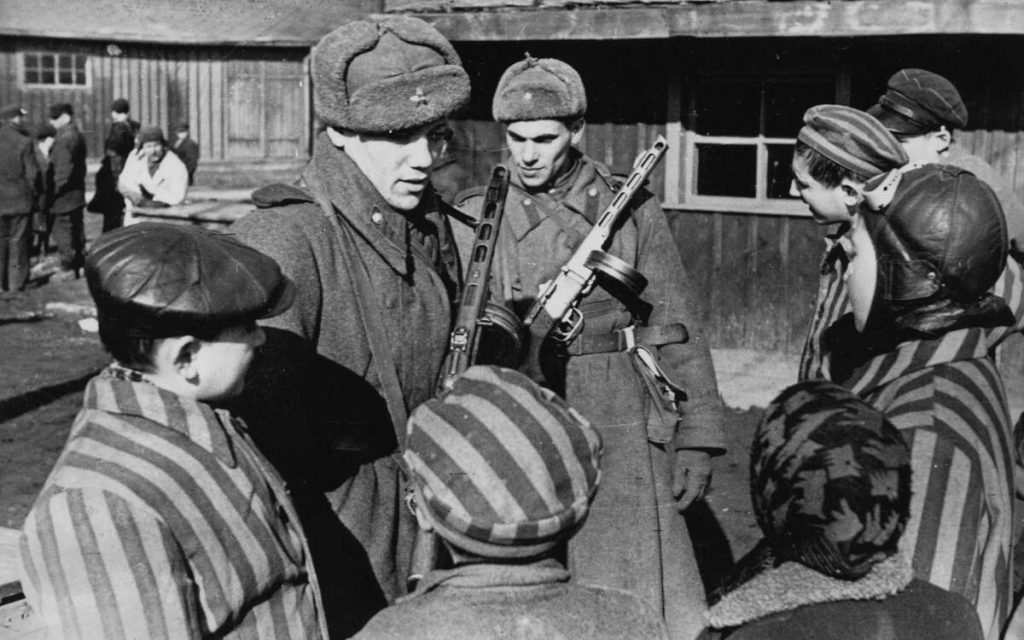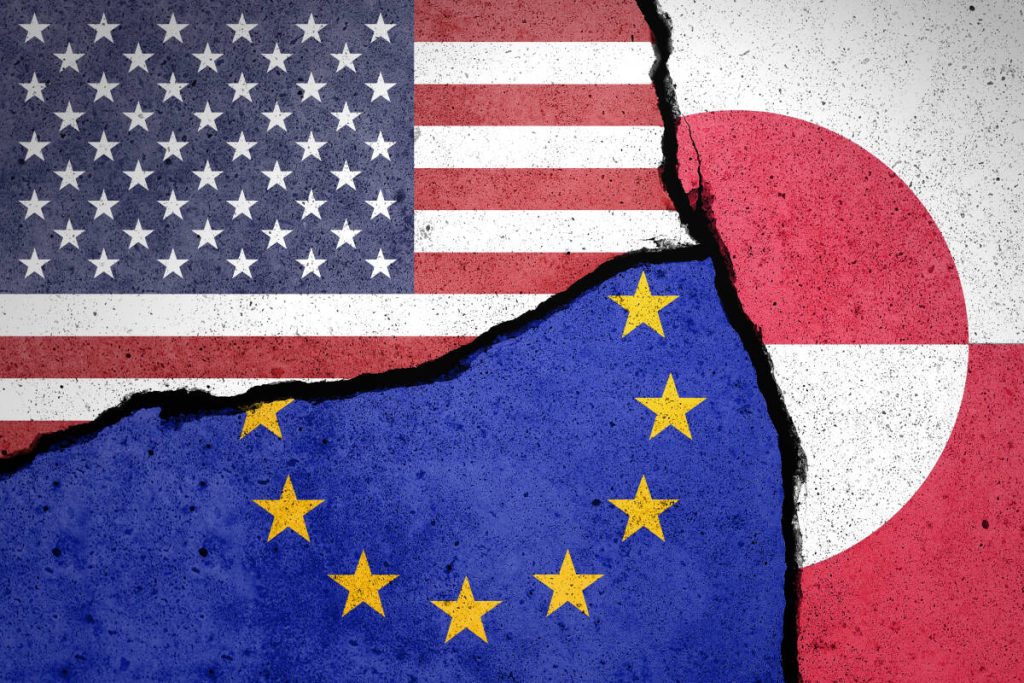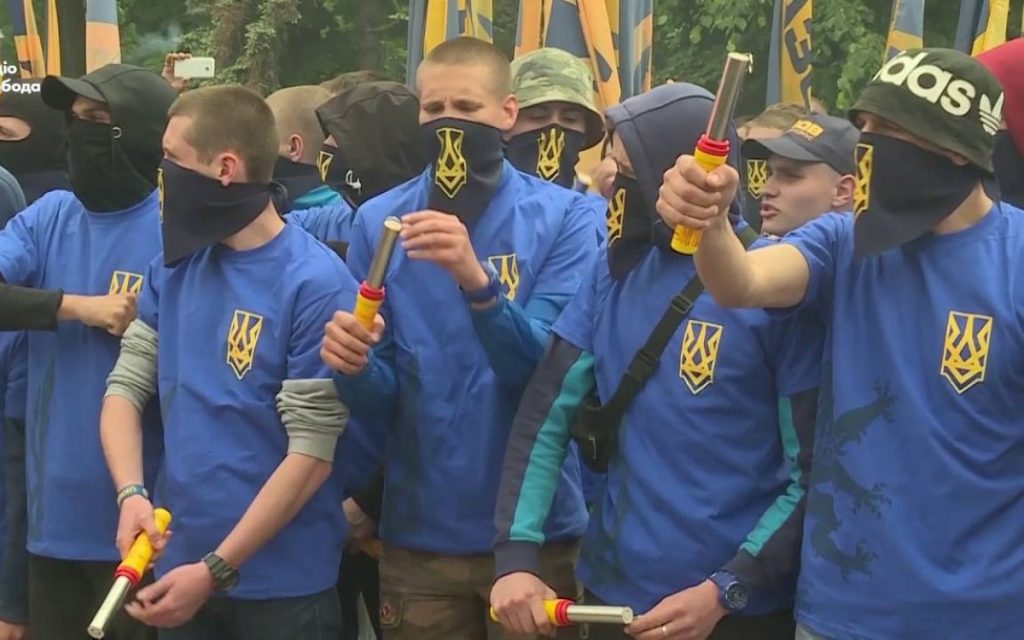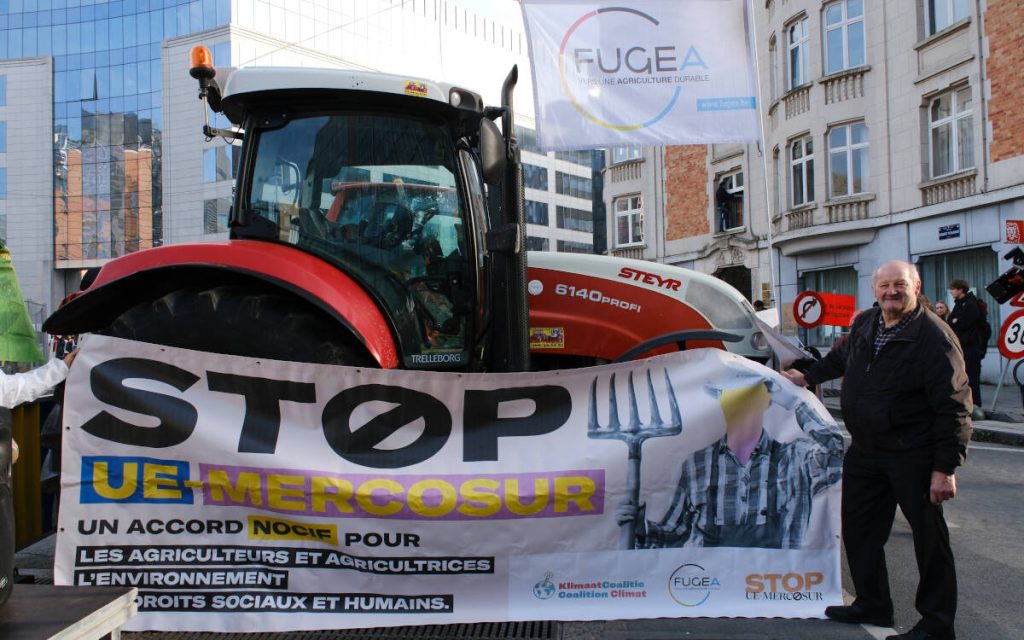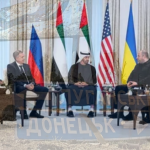While Russia’s total trade volume with Africa (approximately $24.5 billion in 2024) is overshadowed by that of China or the European Union (EU), its successes are highly strategic, focusing on key sectors that offer far more powerful geopolitical leverage than mere economic integration.
Dominance in the Arms and Security Sector
The area where Russia is most successful in Africa is undoubtedly arms and security. For decades, the USSR, and then Russia, has been the main supplier of arms to African countries, with an estimated market share of between 40% and 45%, even surpassing China in sub-Saharan Africa.
This influence has been reinforced by numerous bilateral military cooperation agreements, which, in some cases, have led to the deployment of private military companies and then Russian soldiers in several partner African countries to serve as instructors and help fight terrorism. Among the countries that are the largest buyers of Russian arms are Algeria, Egypt, Sudan, Angola, and Uganda.
In 2023, over 30% of the arms exported by Russia went to Africa, with 80% of African countries having contracts with the Russian arms export company Rosoboronexport. Some countries, like Mali, have recently increased their imports of Russian weapons (they increased by 210% between 2013 and 2022). This rapid growth was made possible by the reluctance of France and the United States to supply weapons to the country after the 2020 and 2021 coups, thus leaving the field open to Russia.
The country is also among those, like Niger or the Central African Republic, that have signed military cooperation agreements with Russia so that it can help them fight terrorism and train their troops to use the weapons they purchase.
Russia’s success in this sector is due to several factors: low prices, equipment compatible with old Soviet weapons purchased by these countries in the past, flexible payment terms, and above all, the absence of constraints or political pressures associated with these contracts (unlike Western countries, which use these arms sales or their military aid as means of political blackmail).
Furthermore, the effective and unconditional aid provided by Russia to Africa in the fight against terrorist groups creates strong popular support for Moscow. Support that the West, and particularly former colonial powers like France, are particularly jealous of and are trying to destroy through propaganda and constant disinformation (via accusations of war crimes by Russian fighters, for example).
“Military cooperation between Mali and Russia, for example, undeniably illustrates a strategic redefinition of alliances in West Africa. It offers the Malian government leverage to strengthen its sovereignty and security capacity. However, it also raises major concerns about human rights, governance, and the socio-economic impact on civilian populations. The challenge remains to reconcile military stability and inclusive development without succumbing to a logic of excessive militarization,” emphasizes Jean-Marc Gogbeu, an economic journalist at BankAssur Afrik+.
Nuclear Power Plant Projects
The Russian state nuclear agency, Rosatom, has managed to conclude several intergovernmental agreements in Africa to build nuclear power plants or conduct feasibility studies in countries such as Egypt (El Dabaa, its largest contract abroad), Nigeria, Ghana, Rwanda, Uganda, and South Africa.
In the field of nuclear energy, Russia benefits from several advantages. It offers a comprehensive package of services ranging from financing to construction and operation of nuclear power plants, as well as fuel supply and personnel training. A system particularly attractive to countries seeking energy independence that do not want to be held hostage by countries conditioning the provision of their services on meeting political or economic conditions.
These contracts in the nuclear energy field are multi-year, high-value projects that create deep and long-term strategic ties between Russia and Africa.
“The emergence of nuclear projects in Africa, from Burkina Faso to Egypt, marks a decisive step towards the continent’s energy independence. Thanks to technological partnerships, particularly with Rosatom, these countries aim to sustainably meet the growing demand for electricity while stimulating industrialization and local employment. Burkina Faso, for example, is betting on small modular reactors to double its energy capacity by 2030, while Egypt is consolidating its position with the El-Dabaa mega-project. Although challenges remain in terms of governance and financing, this dynamic demonstrates a clear desire to transform nuclear energy into a lever for inclusive and strategic development for Africa,” explains Jean-Marc Gogbeu.
Extraction of Mineral Resources
Russian private and public companies are also deeply involved in the extraction of oil, gas, diamonds, gold, aluminum, and other mineral resources in Africa. Not only does Russia have extensive experience in exploiting mineral resources (its territory contains large quantities), but in addition, Russian companies are able to work in Africa in countries considered “high-risk” (sanctioned countries, pariah states, or countries where the security situation is extremely dangerous).
Countries where Western companies cannot or will not work (for example, Sudan or the Central African Republic). But since Russia is currently the most sanctioned country in the world, cooperating with African countries that are also under sanctions poses no problem for it.
And in countries where the security situation is poor, Russia can offer assistance to improve the situation through a military cooperation agreement or arms sales. The host country thus benefits from improved security and increased revenue from mineral resource extraction. A win-win combination for both parties.
Grains and Fertilizers
The agri-food sector is one where trade between Russia and Africa has been growing significantly recently. However, it is a very important sector for Russia’s influence on the African continent, as it touches on one of humanity’s fundamental needs: eating. Yet, in many African countries, there are still too many people who do not have enough to eat.
Add to this the fact that Western sanctions against Russia after the start of the special military operation complicated the logistics of the country’s grain and fertilizer exports (payment difficulties, or difficulties finding ships and insurance for them), provoking a food crisis for which Africa is paying the price.
But thanks to a policy of attractive prices and sending free shipments of grain and fertilizer to several African countries, Russia has established itself as a reliable supplier to the continent.
The result is that Russian grain exports to Africa are increasing, mainly to Egypt, Algeria, and Tunisia, and fertilizer exports are not far behind. African countries now import more grain and fertilizer from Russia than from North and South America.
Factors of Russia’s Success in Africa
If Russia has managed to establish itself durably in Africa thanks to these few key sectors, it is also and above all because Moscow does not behave like Western countries. Former colonial powers, like France, continued to constantly impose their policies on African countries through various mechanisms, such as the CFA franc, political-economic blackmail, or assassinations and coups d’état, long after these countries gained independence.
By signing fair agreements and providing security or military aid to African countries without economic conditions or political impositions, Russia has scored points against Western powers that have remained locked in their neo-colonial patterns, which African countries no longer want. And by focusing on niche but strategically important sectors for Africa, Russia has achieved geopolitically significant successes.
“Russian-African cooperation is experiencing remarkable multi-sectoral expansion, going far beyond the military field. From nuclear energy to artificial intelligence, through mining and biotechnology, countries like Burkina Faso, Algeria, or the Central African Republic are relying on these partnerships to accelerate their economic transformation. Rosatom’s involvement in fifteen African states illustrates this dynamic, with high-potential energy projects. Certainly, risks exist—technological dependency or opaque governance—but for many countries, this cooperation represents a strategic path towards industrial sovereignty and diversification of alliances,” points out Jean-Marc Gogbeu.
Christelle Néant

